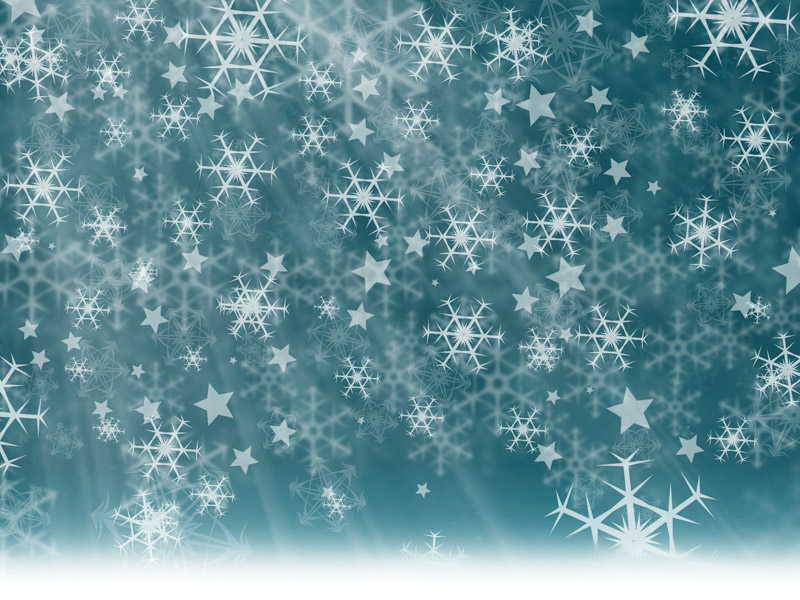
Glacier Game
Review the effects of retreating glaciers and increasing stream flows and erosion on river, coastal, and ocean ecosystems.

Review the effects of retreating glaciers and increasing stream flows and erosion on river, coastal, and ocean ecosystems.
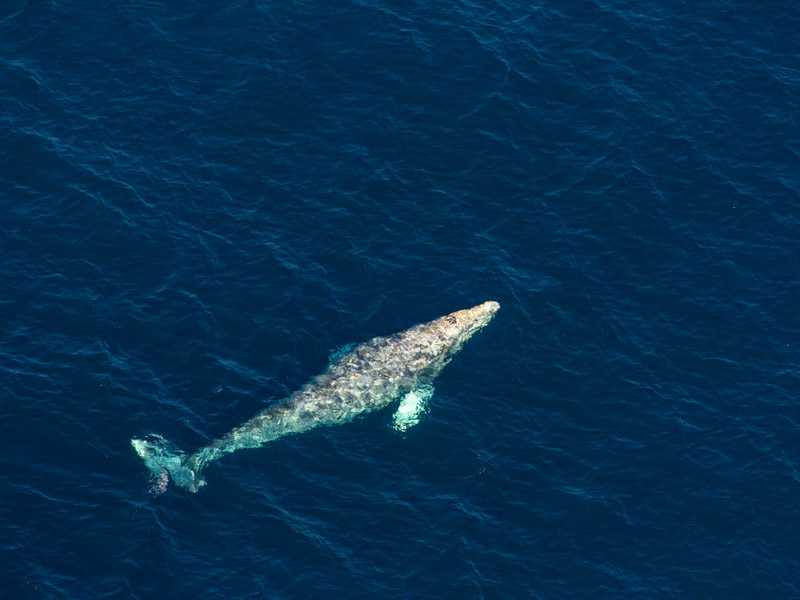
This 3-day investigation begins with students listening to a variety of underwater sounds, and deciding if the sound was made by an animal or something else. They learn about sound and how sound works in water, and about a researcher in the Bering Sea who is using sound to study the North Pacific right whale. Students learn about hydrophones and participate in an activity that simulates the use of hydrophones. Finally, they learn about spectrograms and try to identify animals by looking at the spectrograms and listening to the associated sounds.
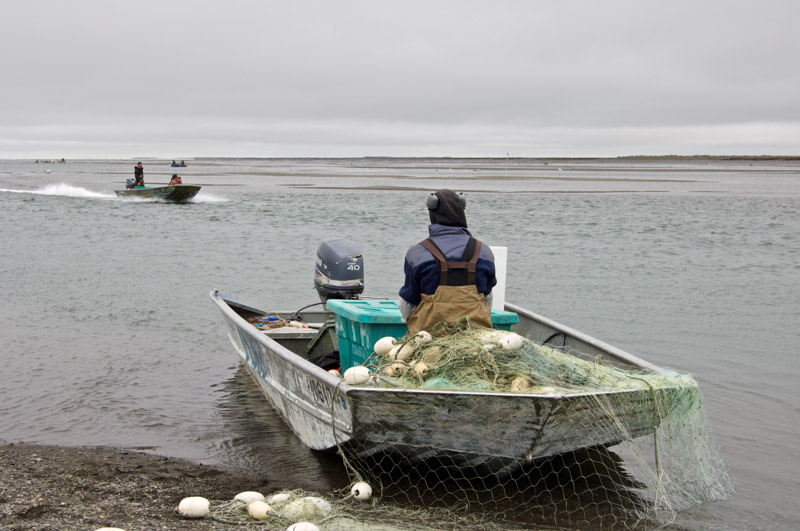
In this activity, students discuss how methods of fishing have changed, then play a game to explore the idea of sustainable fishing practice. They simulate fishery activity using increasingly sophisticated technology, in different ocean areas. As students progress through the fishing seasons, they will likely overfish their part of the ocean and will have to migrate to other places in the ocean to meet their basic needs.
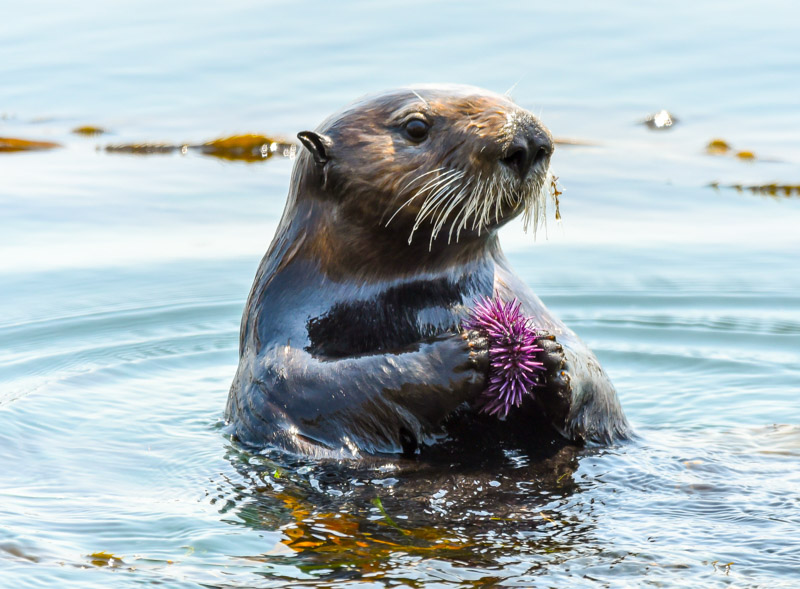
In this 4-5 day investigation, students examine hypotheses and evidence related to the causes of the sea otter decline. They narrow down the hypotheses to one, then play a food web game to help them better understand relationships in the kelp bed ecosystem, and predict the outcome of an experiment to test the killer whale predation hypothesis. They put together some of the big ideas about interactions in ecosystems to come up with plausible explanations for the sea otter mystery. Finally, they evaluate whether the hypothesis has been proven. They reflect on their learning by diagramming the sea otter’s food web and predicting what might happen if parts of the ecosystem changed.
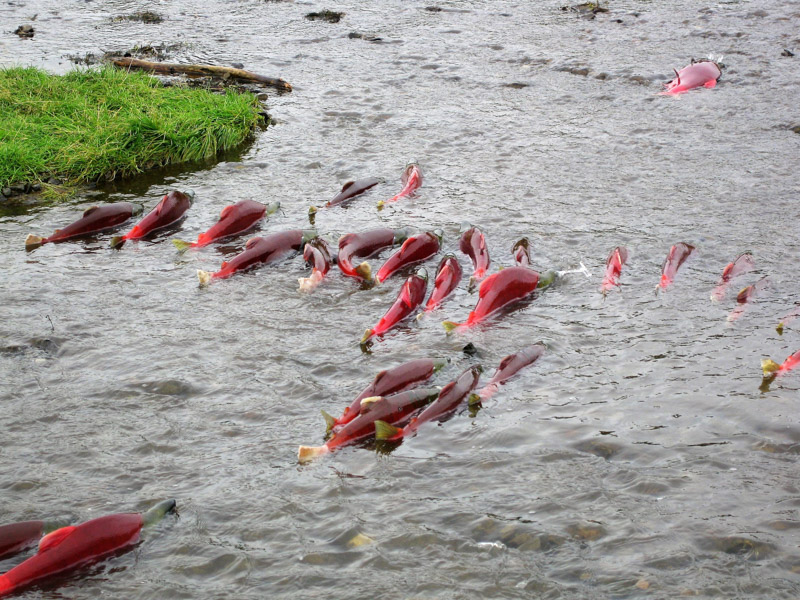
Students investigate salmon life cycle stages and their relationship to parts of the watershed. They use cards to generate questions and ideas, and work cooperatively to research the salmon’s life journey through a watershed, answer the questions and gather evidence for their claims. They share and discuss their findings with the class, and demonstrate their knowledge by making posters.